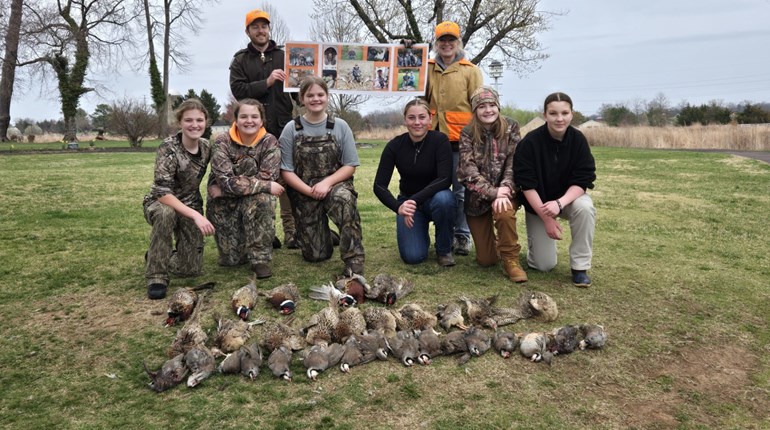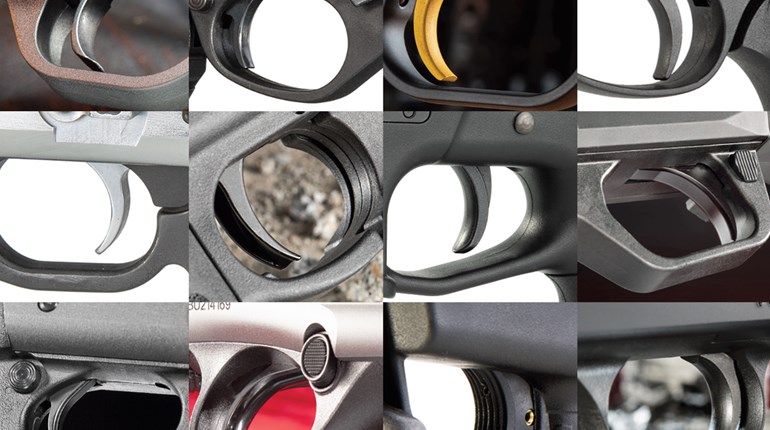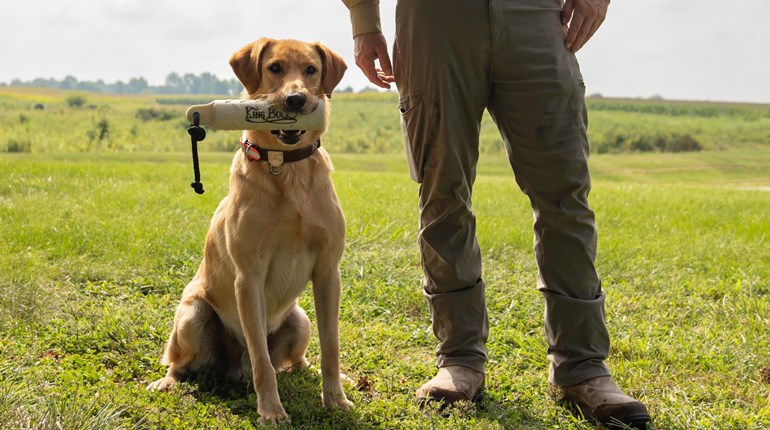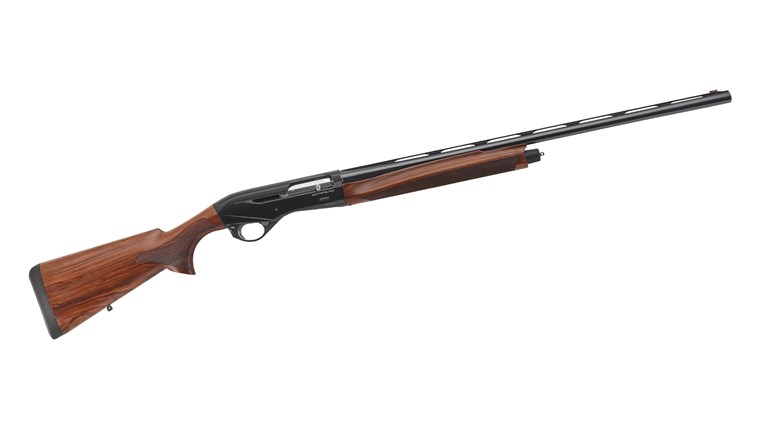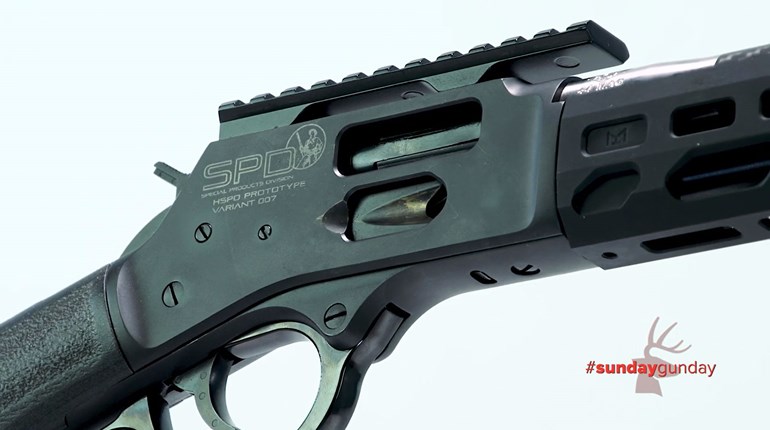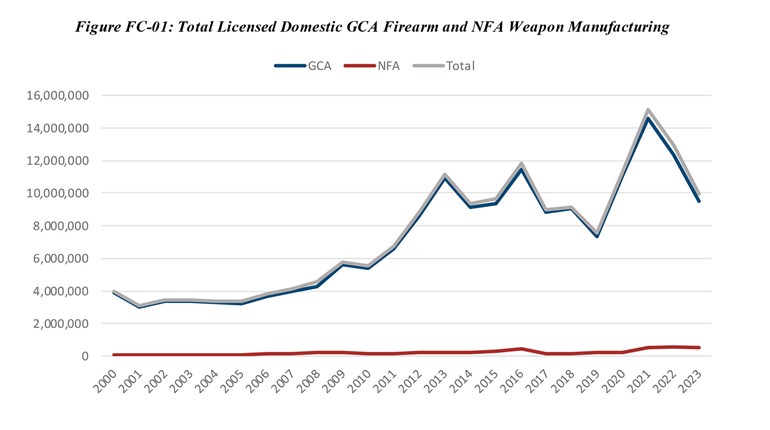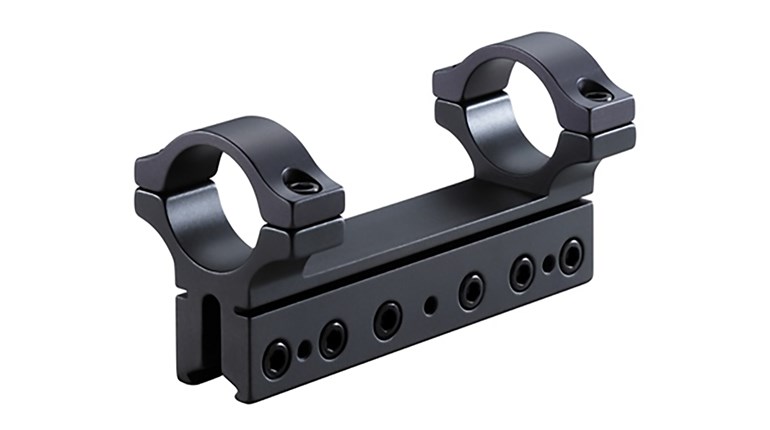
With one of America's greatest outdoor traditions almost upon us—the opening day of dove season—it's the perfect time to review the prevention and symptoms of canine heat stroke. Every year a few dogs suffer its effects, usually due to the negligence of their owners.
The first mistake made by such owners usually occurrs well prior to opening day—their dogs have been allowed to get badly out of shape. Such dogs do not regaina semblance of physical fitness until mid- to late-November. However, aerobic capacity is perhaps even more important when the weather's hot. A few retrieves in hot weather can cause an overweight animal to start sucking wind and become dangerously overheated in a hurry. So, exercise your dog throughout the summer with water work and physical activity during the coolest hours of the day.
Even if your dog is physically fit,when the weather is hotprecautions must be taken. I always bring several gallons of water, not just for my dog to drink but also to wet him down throughout the hunt, especially after retrieves. Dogs do notsweat,so wetting them with cool wateris an excellent way to helpthem regulate internal temperature. My favorite place to hunt doves is an agricultural field with a nearby pond. The pond is a convenient source of water for my dog to jump in and cool off. It also attracts thirsty doves.
Even if you take the appropriate precautions, accidents can happen. Be sure to familiarize yourself with the signs of heat stroke. Pet Education lists many of them, but I have found that some gundogs are so tough and resilient that theydo not display symptoms as obviously as other breeds. Often dizziness is the first symptom you'll notice. The more dogs you own, the better you'll also get at differentiating the normal, heavy panting of a hard-working dogfrom the labored panting of a dog in the early stages of heat stroke. If you suspect a dog is suffering from heat stroke, get to cold water (even a garden hose will help) or cool it with ice as quickly as possible. Heat stroke canprove deadly in a hurry.
Fortunately it's also preventable. Pay attention to the heat, maintain your dog's fitness level all year long and wet him down prior to and after strenuous physical activity.
In a related note, every Labrador retriever owner needs to be familiar with the phenomenon of "exercised-induced collapse." Look for a future post on this topic.












